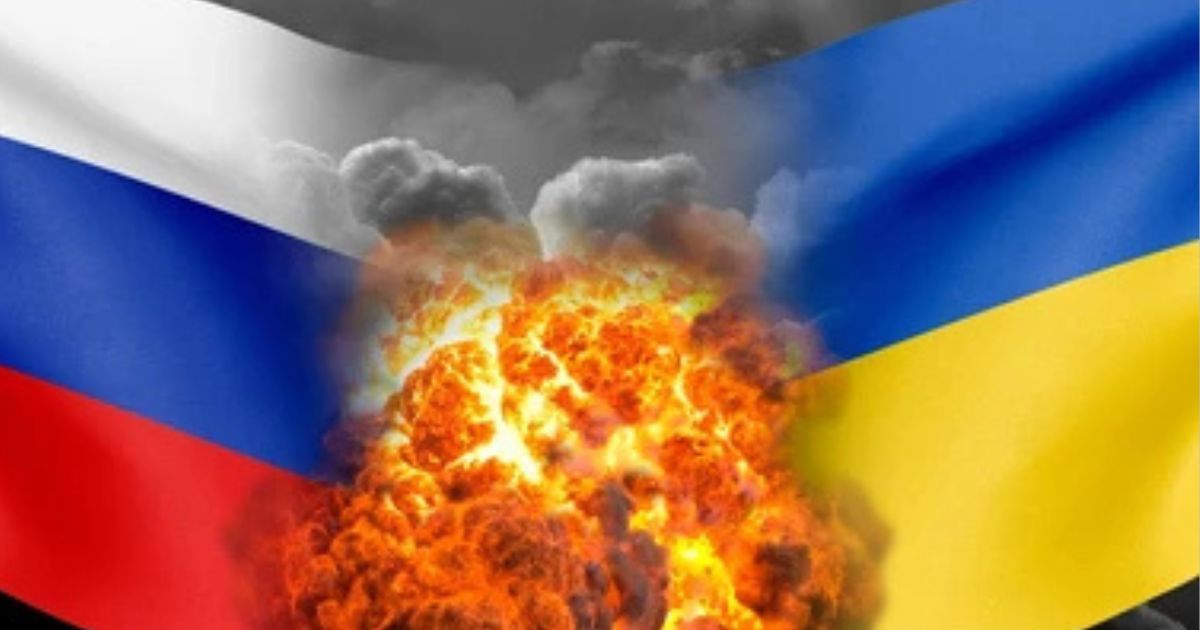As Russia’s war with Ukraine continues to drain its military strength, new reports suggest that President Vladimir Putin is resorting to some desperate and disturbing measures to replenish the ranks.
In occupied parts of Ukraine, civilians suffering from HIV, hepatitis, syphilis, and other serious illnesses are being deliberately targeted with recruitment campaigns that promise life-saving medical care.
As reported by Kyiv Independent, recruitment signs that have appeared in these territories bear the chilling phrase: “This is your last chance.” According to multiple accounts, once these vulnerable individuals agree to serve, they receive little or no treatment for their illnesses and are rushed to the front lines, where survival rates are minimal.
Healthcare in Ukrainian regions under Russian occupation such as Donetsk and Luhansk has been sharply restricted to those who hold Russian passports, leaving large swaths of the population without essential medicines. For patients with chronic diseases like HIV and hepatitis, this effectively removes any access to antiretroviral drugs or other therapies unless they accept Russian citizenship or enlist.
Rights groups argue that the withdrawal of healthcare is not accidental but calculated, designed to compel sick civilians into joining the Russian war effort. “They have no interest in treating people or creating conditions to halt the epidemic,” explained Vira Yastrebova, head of the Eastern Human Rights Group.
Instead, she said, the tactic reflects a cruel strategy: “Due to the growing number of hepatitis C and HIV cases each year, there are more and more people infected, and they are unable to deal with it.”
At the same time, the Russian military itself is grappling with skyrocketing rates of HIV among its soldiers. A recent report by Carnegie Politika found that within the first year of the invasion, HIV infections in the armed forces had increased by a factor of 13, and by the end of 2023, the number was 20 times higher than before the war.
This escalation has been traced largely to Moscow’s growing dependence on mass recruitment from domestic prisons and impoverished communities, where illnesses like HIV, hepatitis, and tuberculosis are widespread.
The Kyiv Independent reported that Russia has recruited about 250,000 prisoners since the conflict began, and roughly 40 percent of them are infected with serious communicable diseases. Many of these men are lured with offers of pardon, money, or treatment they are unlikely ever to receive.
For those deemed expendable because of their illnesses, Russian units often resort to crude labeling. Ukrainian troops have repeatedly documented the capture of Russian soldiers wearing colored bracelets, red or white, used by the Russian army to identify HIV- or hepatitis-positive fighters.
These conscripts, many pushed into frontline storm units, are marked not for care, but for disposal. As Iryna Yakovets, a legal advisor to the Ukrainian HIV/AIDS non-profit organization 100% Life, explained: “In fact, they are used as cannon fodder and as a weapon. That is, they were sent into battle precisely because they are HIV-positive and, in Russia’s view, have no value as human beings.”
The perception that sick civilians and prisoners are being intentionally sacrificed resonates beyond Ukraine. Exiled Russian journalist Olga Romanova has described this practice as part of a broader policy of erasure. “I have the feeling that Putin, including through this war, is solving the problem of disposing of excess people. And this is that very disposal,” she said.
Trump: Nobody goes into a war thinking they’re going to lose. I’m sure Ukraine thought they were going to win, going to beat somebody 15x your size…You don’t go into a war that’s 15x your size.
(Ukraine didn’t “go into” a war. Russia invaded.)
pic.twitter.com/EtwWkQnfH4— Republicans against Trump (@RpsAgainstTrump) August 27, 2025
In her view, the Russian leadership treats the deaths of such recruits as both inevitable and convenient: “It’s easier for everyone if they get killed there — no one will notice the difference.”
The result is that those offered false promises of healthcare are instead fed directly into the war’s deadliest operations, their illnesses weaponized against them. In occupied Ukraine, the denial of basic medicine effectively forces the sick into a corner, giving them no option but to enlist if they hope to receive treatment.













